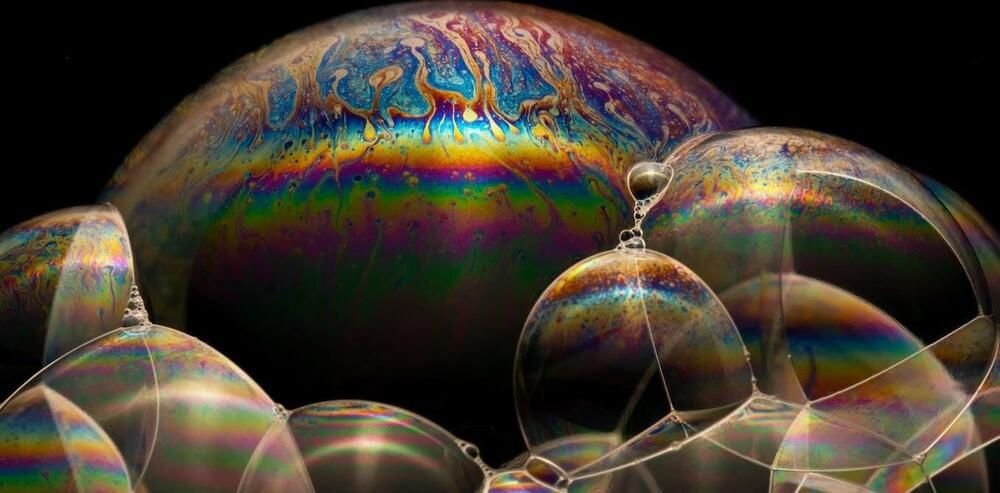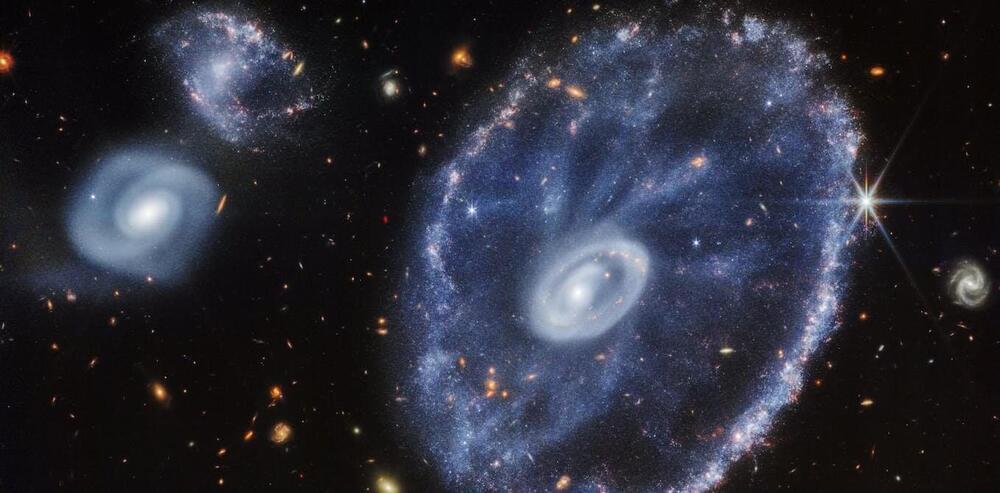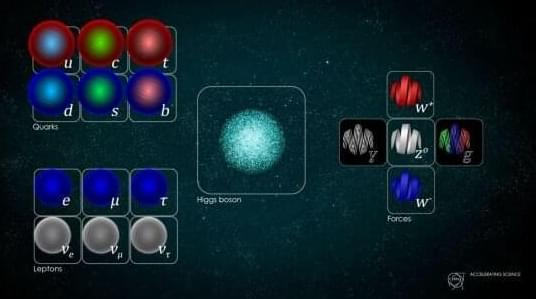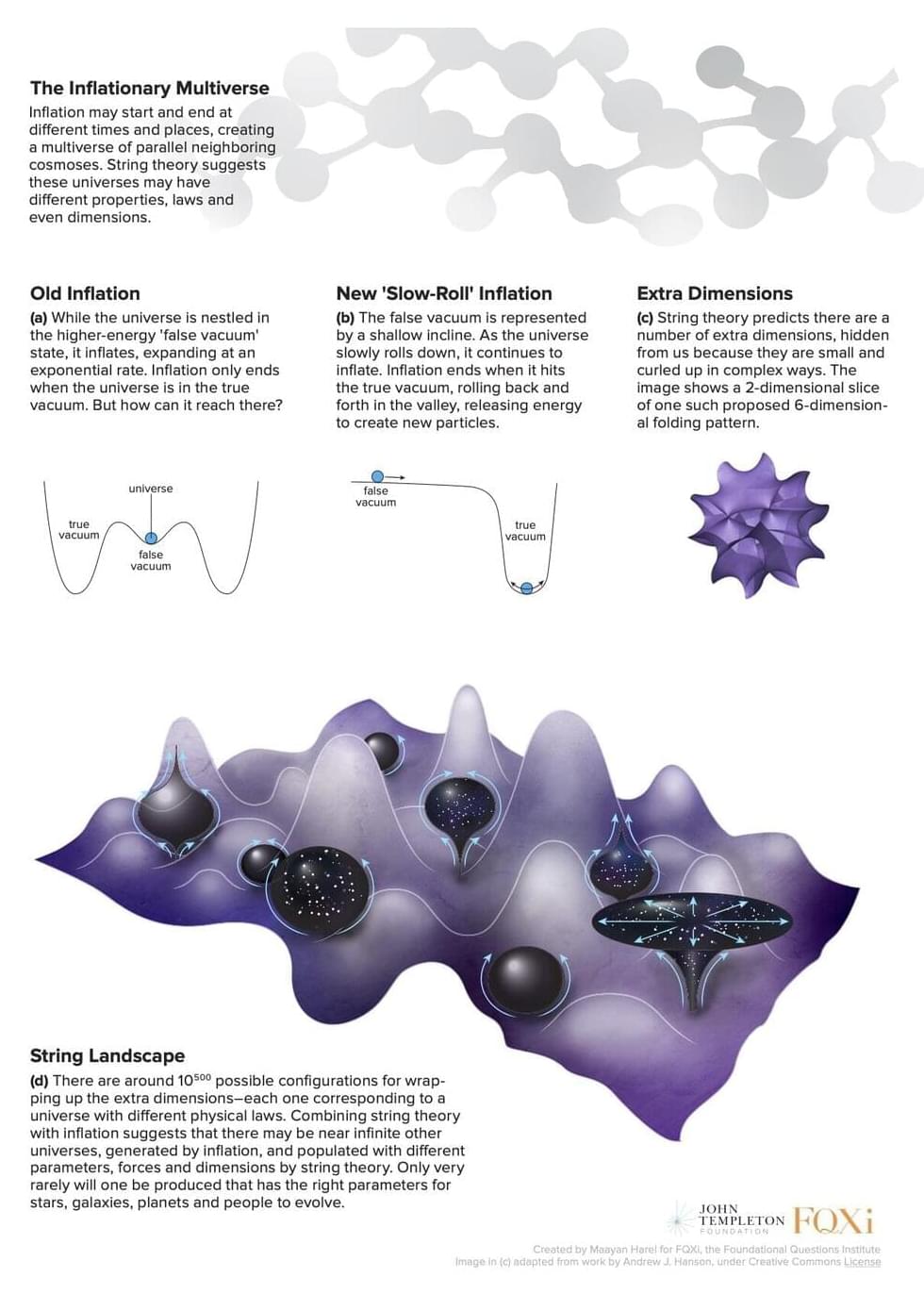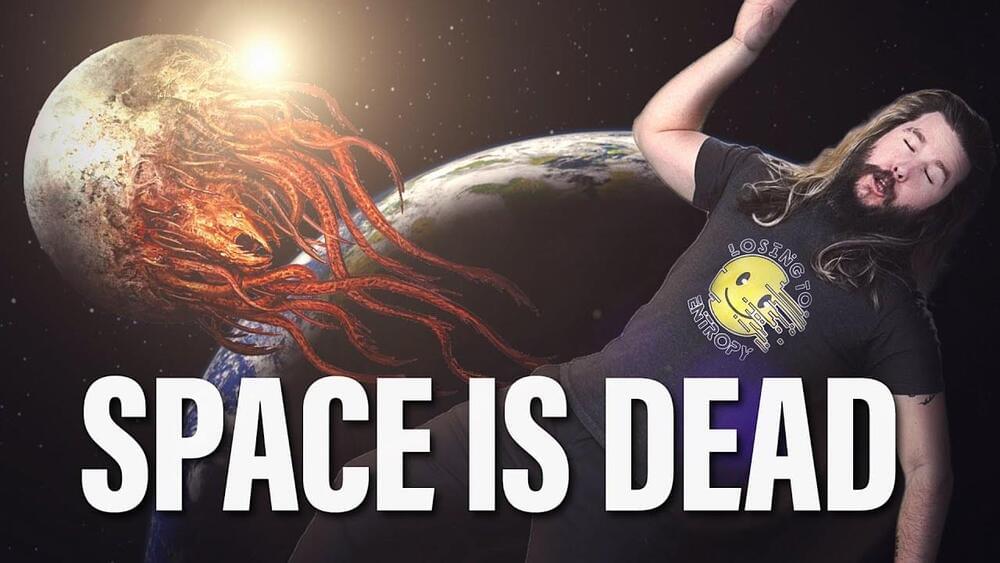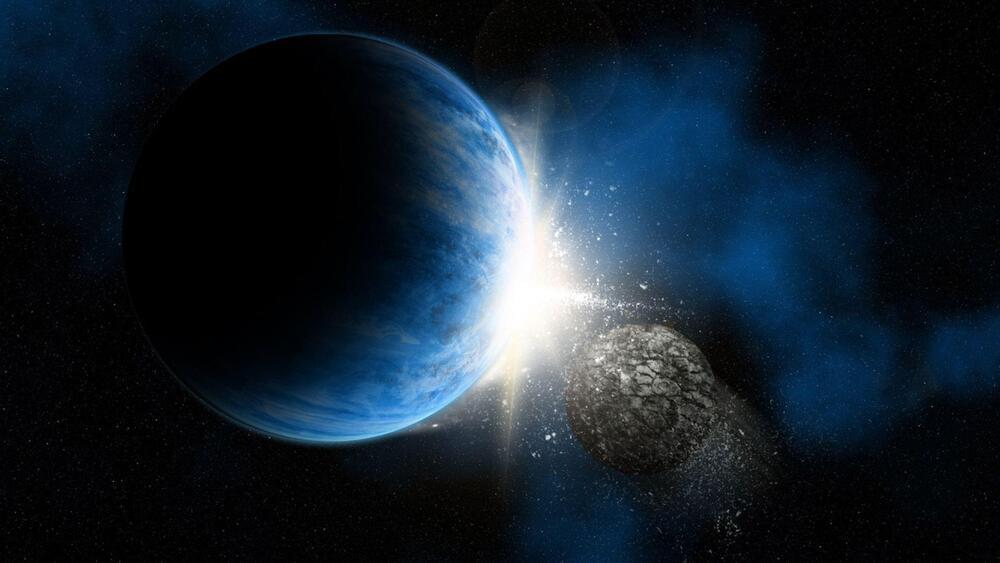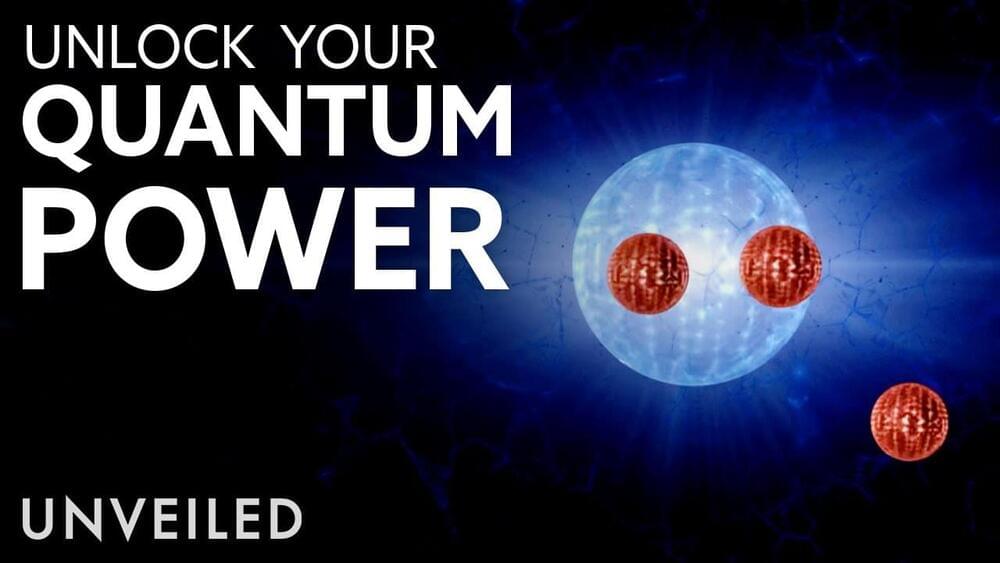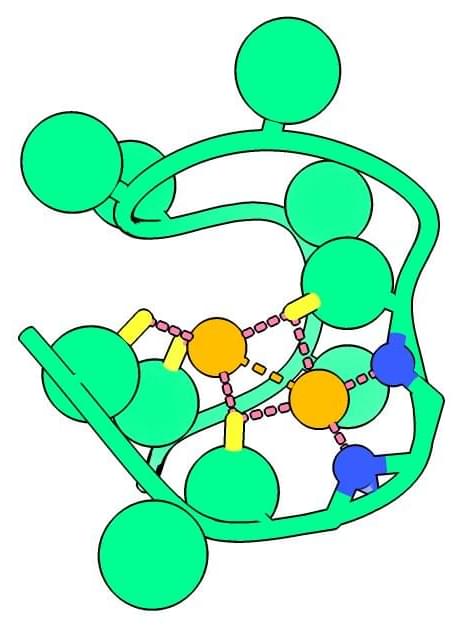Mar 16, 2023
The multiverse: Our universe is suspiciously unlikely to exist—unless it is one of many, says physicist
Posted by Dan Breeden in categories: alien life, physics
It’s easy to envisage other universes, governed by slightly different laws of physics, in which no intelligent life, nor indeed any kind of organized complex systems, could arise. Should we therefore be surprised that a universe exists in which we were able to emerge?
That’s a question physicists including me have tried to answer for decades. But it is proving difficult. Although we can confidently trace cosmic history back to one second after the Big Bang, what happened before is harder to gauge. Our accelerators simply can’t produce enough energy to replicate the extreme conditions that prevailed in the first nanosecond.
